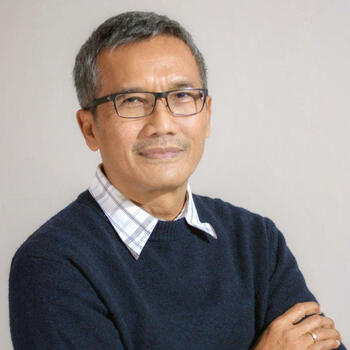How Extreme Heat Affects Learning
Extreme heat may deepen educational inequities for students around the world, according to new research coauthored by Patrick Behrer, a postdoctdoral scholar in Stanford's Center on Food Security and the Environment, Jisung Park at the UCLA Luskin Center for Innovation and Joshua Goodman at Boston University.
"Heat seems to negatively impact all students but the effects appear to be much worse for more vulnerable students," Behrer said. "As a result, it seems likely that increasing heat exposure may exacerbate existing educational inequalities."
Published in the journal Nature Human Behaviour (link is external), the study analyzes standardized achievement data for more than 144 million 15- to 19-year-olds in 58 countries, as well as detailed weather and academic calendar information. The findings show that the rate of learning decreases with an increase in the number of hot school days.
“Temperature is a surprisingly disruptive factor for students — both for high-stakes test-taking and for learning over the longer term,” said Park, the study's lead author and an assistant professor in public policy and associate director of economic research at the UCLA Luskin Center for Innovation. Previous analyses (link is external) of U.S. data showed that high temperatures can diminish student performance on standardized exams. In addition, minority and low-income students who attend U.S. schools that lack air conditioning are particularly vulnerable to the negative effects of heat, the research found. The latest study measures the effects on a global scale, showing that “heat disrupts learning across a wide range of climates and levels of development,” Park said. The research underscores the importance of policies aimed at improving physical learning environments. More broadly, it demonstrates that the impact of climate change on personal development can add up over time, possibly putting a brake on national economic growth and individual economic mobility.
"Education is an extremely important component of economic growth so improving our understanding of how heat changes educational attainment is important for learning about how heat may impact economic development," Behrer said.
Worsening climate change deepens educational inequities across the United States and around the world, study finds.




